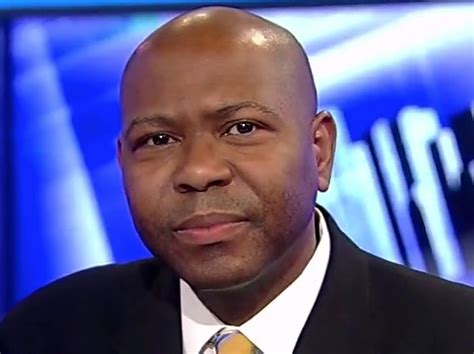
So says Jason Riley on this week’s Econtalk discussing race in America. I think he is correct; not that facts are unimportant, but if they don’t agree with the cultural narrative, they will be ignored. I also agree with his point that this is leading to a poisoning of race relations rather than an improvement. Mr. Riley’s point can be captured in this quote:
There’s no doubt that those events* had a profound impact on the black experience in this country. There’s no doubt, to me, that discrimination and prejudice and bias can in fact play a role in a minority group’s upward mobility. The question is: how big a role is it playing? How much of what is going on today does it explain?
And this gets to the heart of much of our cultural conflict on race–how much of African-American disparities in outcomes is due to poorer cultural choices (e.g., lower rates of intact two-parent families), and how much is due to active and residual racism? Whatever you think the split is–nobody should think it’s 100% either way (or some other variable)–the question for our consideration is what do you do about it? I think the prudent thing to do is whatever is in your personal power–what you (or I) need to do, not what others should do. Focusing on whatever others should do is our natural disposition on almost any conflict, and it’s why most conflicts linger. We all tend to think about what the other person (or group) should do to make this problem go away. This would suggest that Black Americans should do what they can individually to promote strong families and values that will reduce the possibilities of negative outcomes for their children. A black American can’t do too much about a white American’s heart condition, so there is little that he/she should focus on there. White Americans should also promote strong family culture, but also focus on how each of us individually might lift up and encourage others, especially African-Americans. Since African-American’s typically have a smaller network of social capital to draw from, white American’s like myself should think about how to include African-Americans that we know into our business and cultural connections–there is a tremendous talent pool available for broader integration.
As Mr. Riley notes, there is a legitimate place in our public discussion to ask how we might make policing more effective for all Americans. But on the latter, let’s not ignore Mr. Riley’s cogent observation that blacks are far more likely to call police than whites–blacks need police more than other racial groups. Charles Barkley argues this as well in many places, including here:
If we are really going to make the progress we need in race in America today, it’s going to be in what you and I do, not in what we do. So let’s set out to change the world by making a better you and a better me, not a better someone else.
* Jim Crow, history of slavery
 Bert Wheeler
Bert Wheeler
 Jeff Haymond
Jeff Haymond
 Marc Clauson
Marc Clauson
 Mark Caleb Smith
Mark Caleb Smith
 Tom Mach
Tom Mach